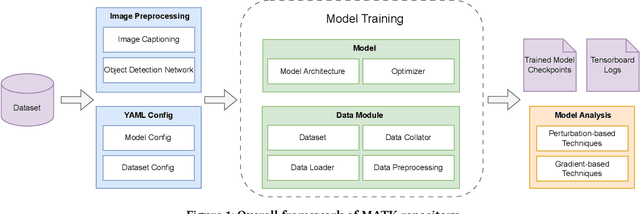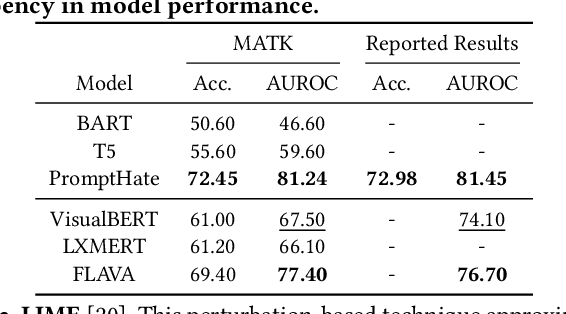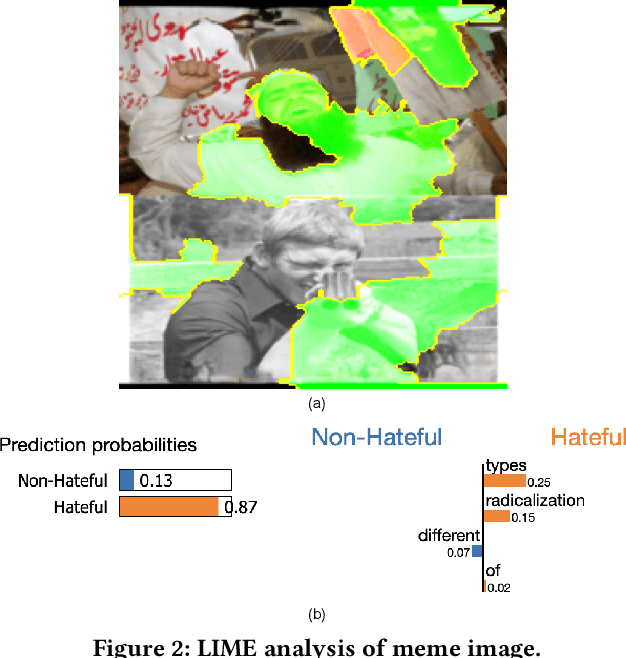Aditi Kumaresan
Bridging Modalities: Enhancing Cross-Modality Hate Speech Detection with Few-Shot In-Context Learning
Oct 08, 2024Abstract:The widespread presence of hate speech on the internet, including formats such as text-based tweets and vision-language memes, poses a significant challenge to digital platform safety. Recent research has developed detection models tailored to specific modalities; however, there is a notable gap in transferring detection capabilities across different formats. This study conducts extensive experiments using few-shot in-context learning with large language models to explore the transferability of hate speech detection between modalities. Our findings demonstrate that text-based hate speech examples can significantly enhance the classification accuracy of vision-language hate speech. Moreover, text-based demonstrations outperform vision-language demonstrations in few-shot learning settings. These results highlight the effectiveness of cross-modality knowledge transfer and offer valuable insights for improving hate speech detection systems.
MATK: The Meme Analytical Tool Kit
Dec 11, 2023


Abstract:The rise of social media platforms has brought about a new digital culture called memes. Memes, which combine visuals and text, can strongly influence public opinions on social and cultural issues. As a result, people have become interested in categorizing memes, leading to the development of various datasets and multimodal models that show promising results in this field. However, there is currently a lack of a single library that allows for the reproduction, evaluation, and comparison of these models using fair benchmarks and settings. To fill this gap, we introduce the Meme Analytical Tool Kit (MATK), an open-source toolkit specifically designed to support existing memes datasets and cutting-edge multimodal models. MATK aims to assist researchers and engineers in training and reproducing these multimodal models for meme classification tasks, while also providing analysis techniques to gain insights into their strengths and weaknesses. To access MATK, please visit \url{https://github.com/Social-AI-Studio/MATK}.
 Add to Chrome
Add to Chrome Add to Firefox
Add to Firefox Add to Edge
Add to Edge